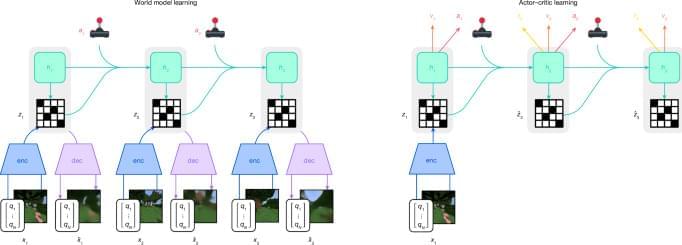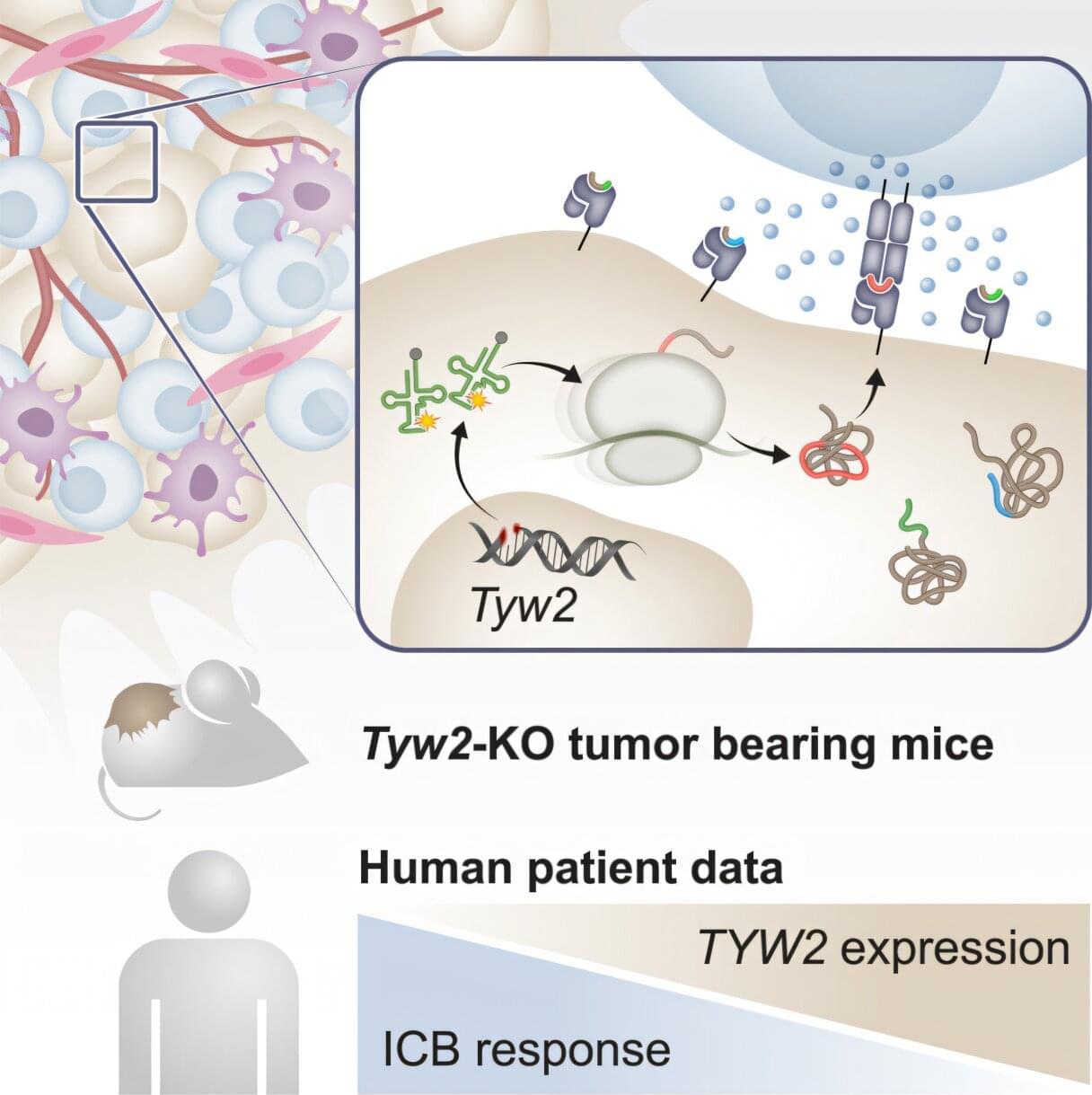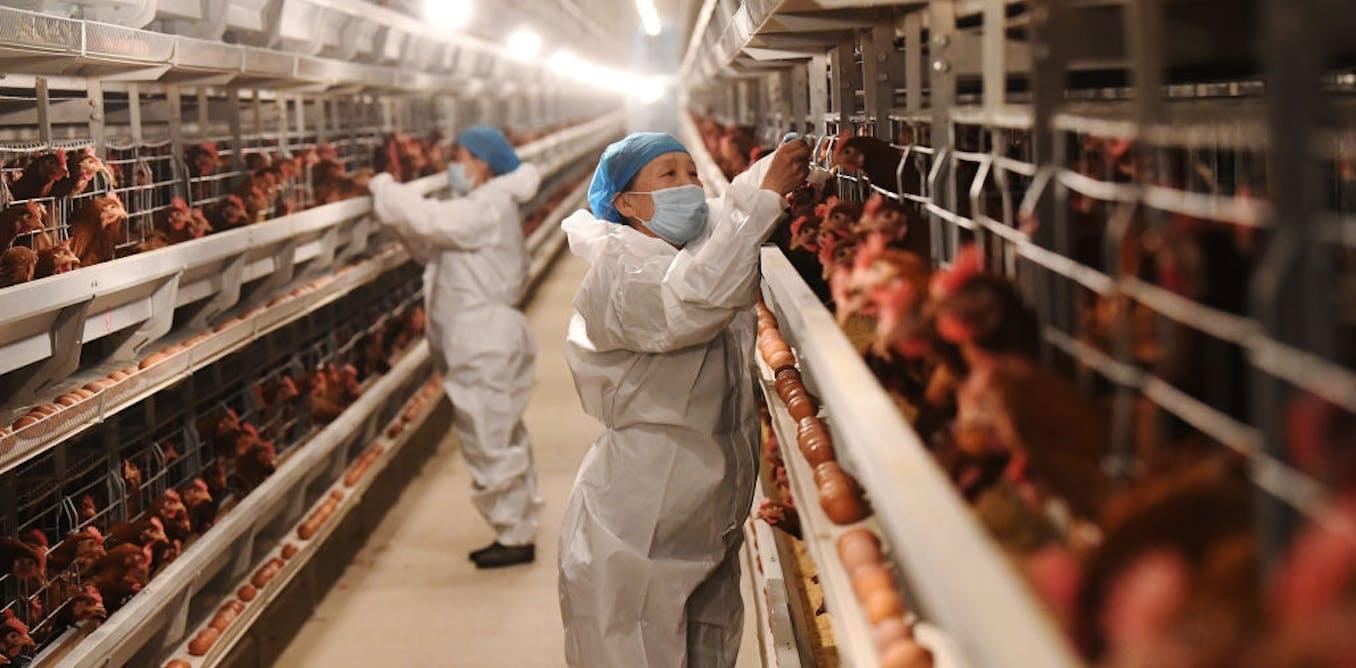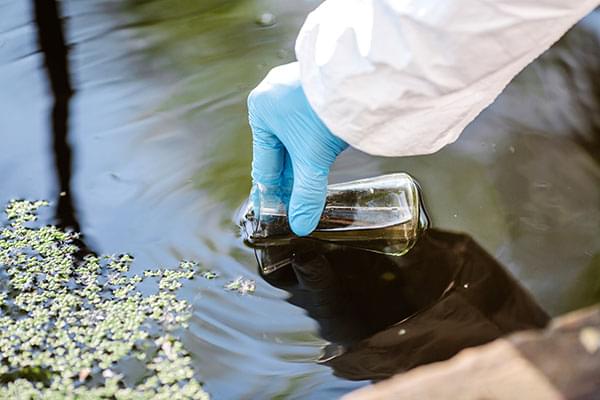Could Short Chains of Amino Acids Revolutionize Anti-aging? We explore the exciting potential of peptide therapy to address key hallmarks of aging, including biological age and telomere length. This video delves into the science behind peptides and examines early clinical findings that suggest significant possibilities for age reversal.
What you’ll learn:
• Key peptides being studied for anti-aging (Epitalon, GHK-Cu, etc.).
• A look at clinical studies and patient data.
• The future of peptide therapy in longevity research.
Credits to : glycanage, dr. luis martinez of clinical peptide society
Please note that the links below are affiliate links, so we receive a small commission when you purchase a product through the links. Thank you for your support!
=*=*=*=*=*=*=*=*=*=*=*=*=*=*=*=*=*=*=*=*=*=*=*=*=*=*=*=*=*=*=*=*=*=
☑ ProHealth, RENUE, DoNotAge, StemRegen, N1O1, NOVOS ☑ Coupon CODE: REVERSE
Activate Your Stem Cells Naturally — STEMREGEN 15% OFF https://tinyurl.com/StemRelease.
📒Dr Bryan Nitric Oxide Supplement 📒20% OFF Code LAFIRE







